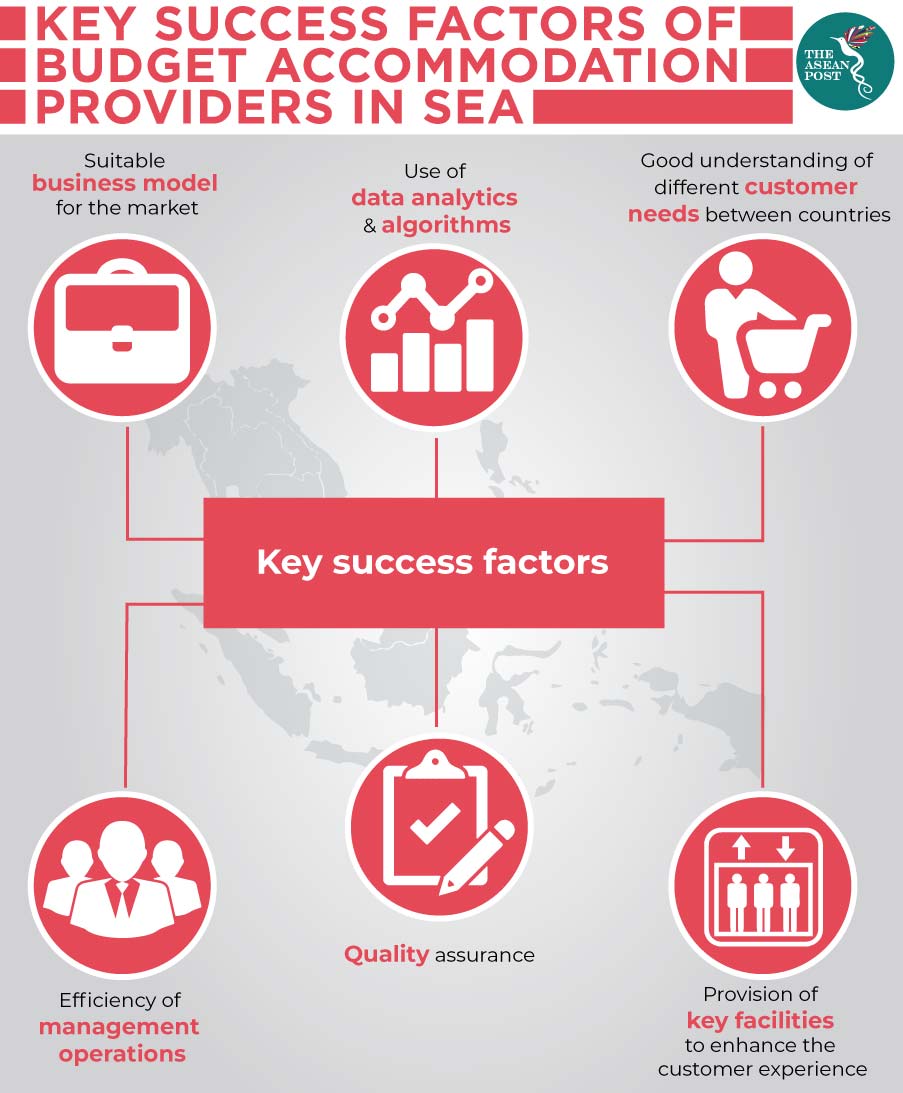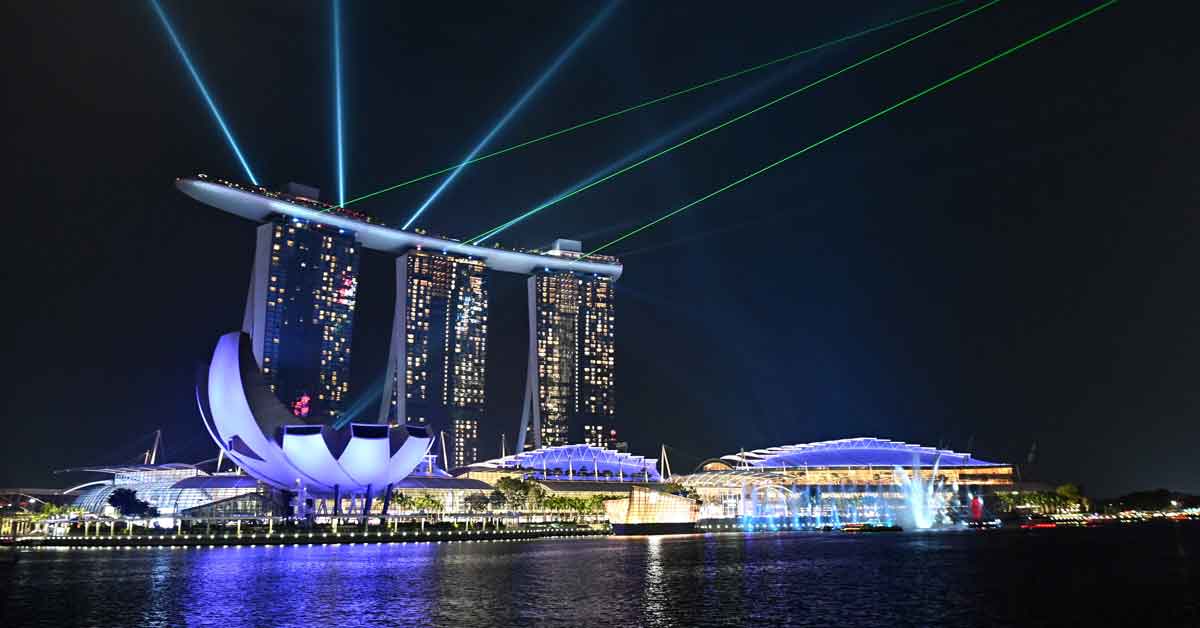Hoteliers around the world have been hit by a seismic shock wave this year. Recent reports of hotels facing closure in Spain, popular destinations such as Turkey and Tunisia announcing a 22 percent drop in flight searches from the United Kingdom (UK), according to a recent report by TravelDailyNews, and other destinations such as Egypt also suffering a fall in tourism, not to mention the demise of Thomas Cook, have dominated the media this year.
For some hoteliers, news such as this will have a catastrophic effect on their operations and they may be forced to close or sell out. However, for many this is the start of something new and it could just be the wake-up call they’ve been waiting for.
Many hoteliers are now diversifying their business mix and better more lucrative days will lie ahead if they are more strategic with their channel distribution. They should think about their property types and how to brand them better.
By physically upgrading assets, from a three star to a five-star property, distribution becomes yieldable. In some cases, upgrading can be achieved through better staff training, improved reception or even soft cotton sheets in all the rooms. Instead of being exclusive to tour operators, an upgrade will give them the opportunity to cast their nets much further.
Hotel distribution has been very much a duopoly, with the two big online travel agents (OTAs) dominating well over 70 percent of the market share. This is now facing major disruption and an OTA battle is in the making. For hoteliers, this news couldn’t be better because, apart from anything else, it means that commission rates are likely to fall.
Combine this with emergence of technologies and changes to consumer requirements and it’s clear that 2020 will be the year of opportunity.

Big data and artificial intelligence
Recent reports predict that the global Wi-Fi market will be worth in the region of US$33.6 billion by 2020. Mobile connectivity is becoming the lifeblood of the industry and consumers’ semantic search will be based on interests and priorities. This means that creating the perfect experience and choosing the right destination will become much easier.
By introducing platforms such as property management systems (PMS) and revenue management systems (RMS) conversions and pricing will become more automated. This technology can be expensive however and is considered out of the reach of many smaller hotels. Hoteliers still believe that automated systems such as chatbots and revenue management tools are a luxury that only larger hotels and chains, with big spending power, can afford. Not anymore.
Companies like ours are developing products that are designed for smaller budgets. In fact, we recently developed a new ecosystem for small hotels with 40 rooms or less. This new suite of products provides opportunities for every hotelier to use hotel management and rate distribution technology. What this means is that there are companies out there developing products to make hospitality a more even playing field with access to game changing technology for all.
Artificial intelligence has also been making great advances in hospitality. Service robots will soon be produced at scale – delivering items, answering questions and vacuuming floors. Machine-learning is bringing greater levels of consumer engagement.
Consumers are tech-savvy. Regardless of their generation, there are now degrees of technical sophistication, so travellers are able to increase their travel expectations. A recent study by Qubit found the biggest challenges in implementing an effective personalisation programme revolved around a lack of necessary data (42 percent), and a lack of tools and technology (31 percent). The study showed that brands which create personalised experiences, by integrating data and advanced technologies, are currently achieving revenue increases of between six percent and 10 percent. Furthermore, acquisition costs can be reduced by as much as 50 percent.
By gathering data from the channel manager and online booking engine, invaluable resources are available to build the most valuable tool – the guest profile. This will enable hoteliers to discover everything they need to know about their customers. In 2020 hotels will create experiences that are both, highly personalised and flexible.
Change isn’t easy, but we are at the point where hoteliers need to go beyond their comfort zone. Without deep knowledge of technology and trends, hotels will either stand still or sink. 2020 will be an exciting year for change. Hoteliers should embrace this and explore the opportunities that the new year brings.

Phan Le is the Managing Director of VLeisure.com, an online travel consolidator in Indochina.
Related articles:
Online travel agents facing disruption
Southeast Asian hotel booking platforms are getting more creative
